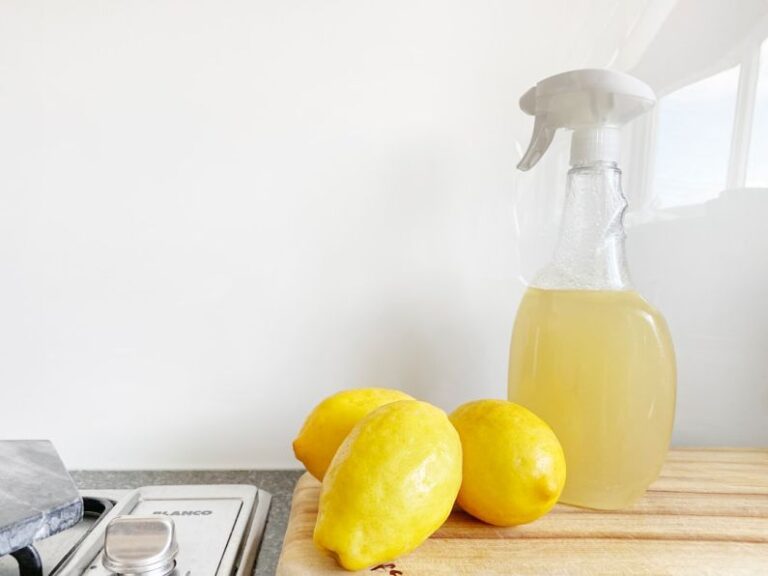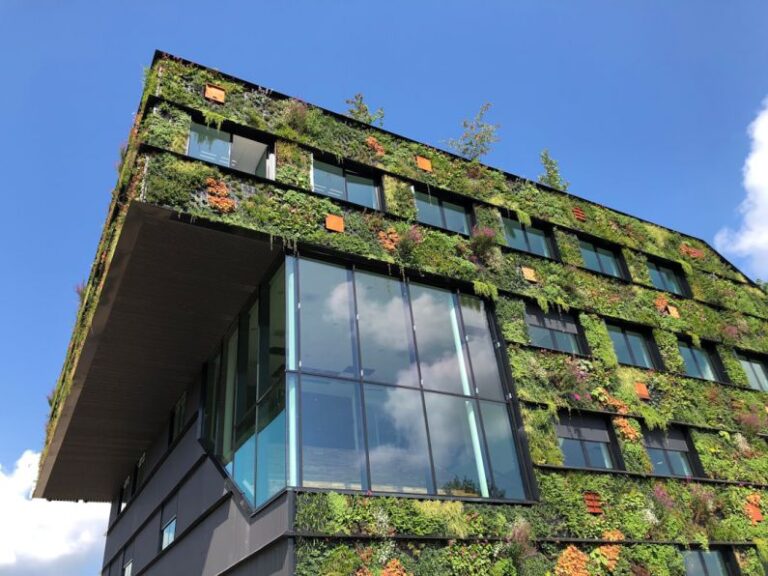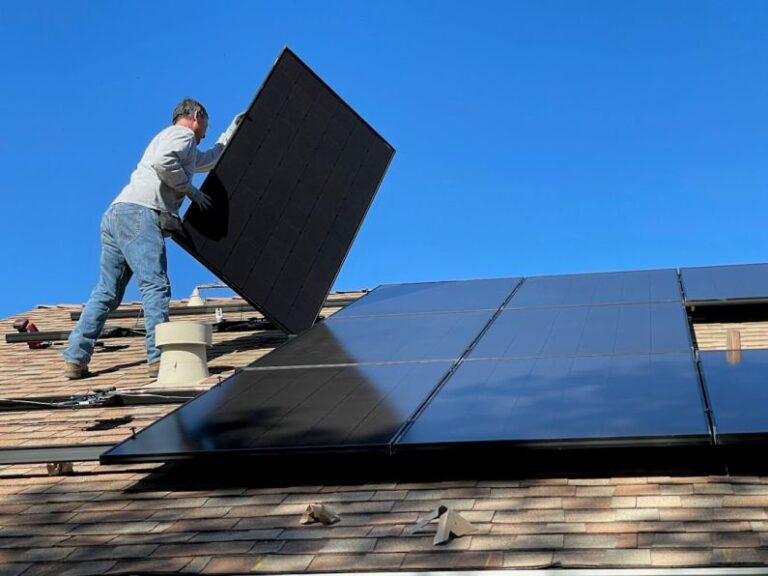Eco-friendly Home Insulation Options
When it comes to creating an eco-friendly home, one essential aspect to consider is the type of insulation you use. By choosing the right insulation materials, you can not only reduce your energy consumption but also minimize your carbon footprint. In this article, we will explore various eco-friendly home insulation options that can help you create a more sustainable living space.
**Natural Fibers:**
Natural fibers, such as wool, cotton, and hemp, are excellent choices for eco-friendly home insulation. These materials are renewable, biodegradable, and have low environmental impact. Wool insulation, for example, is effective in regulating temperature, moisture, and sound. It is also fire-resistant and can last for decades. Cotton insulation is made from recycled denim and is free from harmful chemicals. Hemp insulation is a durable and pest-resistant option that provides excellent thermal performance.
**Cellulose Insulation:**
Cellulose insulation is made from recycled paper materials, such as newspapers and cardboard. It is treated with non-toxic chemicals to make it fire-resistant and pest-repellent. Cellulose insulation is a cost-effective option that provides excellent thermal performance and sound absorption. It is also mold and mildew resistant, making it a healthy choice for your home.
**Recycled Glass Insulation:**
Recycled glass insulation, also known as fiberglass insulation, is made from recycled glass bottles and jars. It is an energy-efficient option that helps keep your home warm in winter and cool in summer. Recycled glass insulation is lightweight, easy to install, and has a long lifespan. It is also non-combustible and resistant to mold and pests.
**Cork Insulation:**
Cork insulation is a sustainable option made from the bark of cork oak trees. The bark is harvested without harming the tree, making it a renewable resource. Cork insulation is lightweight, flexible, and provides excellent thermal and acoustic performance. It is also hypoallergenic, fire-resistant, and resistant to mold and insects. Cork insulation is a durable option that can last for decades.
**Aerogel Insulation:**
Aerogel insulation is a high-performance insulation material that is extremely lightweight and has excellent thermal properties. It is made from silica aerogels, which are derived from silica gel. Aerogel insulation is waterproof, fire-resistant, and provides superior thermal insulation compared to traditional insulation materials. Although aerogel insulation is more expensive, its energy-saving benefits make it a worthwhile investment for eco-conscious homeowners.
**Straw Bales:**
Straw bale insulation is a natural and renewable option made from tightly packed straw bales. It is an affordable and effective insulation material that provides excellent thermal performance. Straw bale insulation is breathable, allowing moisture to escape and preventing mold growth. It is also fire-resistant and can be used in both new construction and retrofitting projects.
**Conclusion:**
Choosing eco-friendly home insulation options is not only beneficial for the environment but also for your health and comfort. By selecting insulation materials that are renewable, recyclable, and non-toxic, you can create a more sustainable living space that is energy-efficient and environmentally friendly. Whether you opt for natural fibers, recycled materials, or innovative aerogel insulation, making the switch to eco-friendly insulation is a step towards a greener future for your home.






